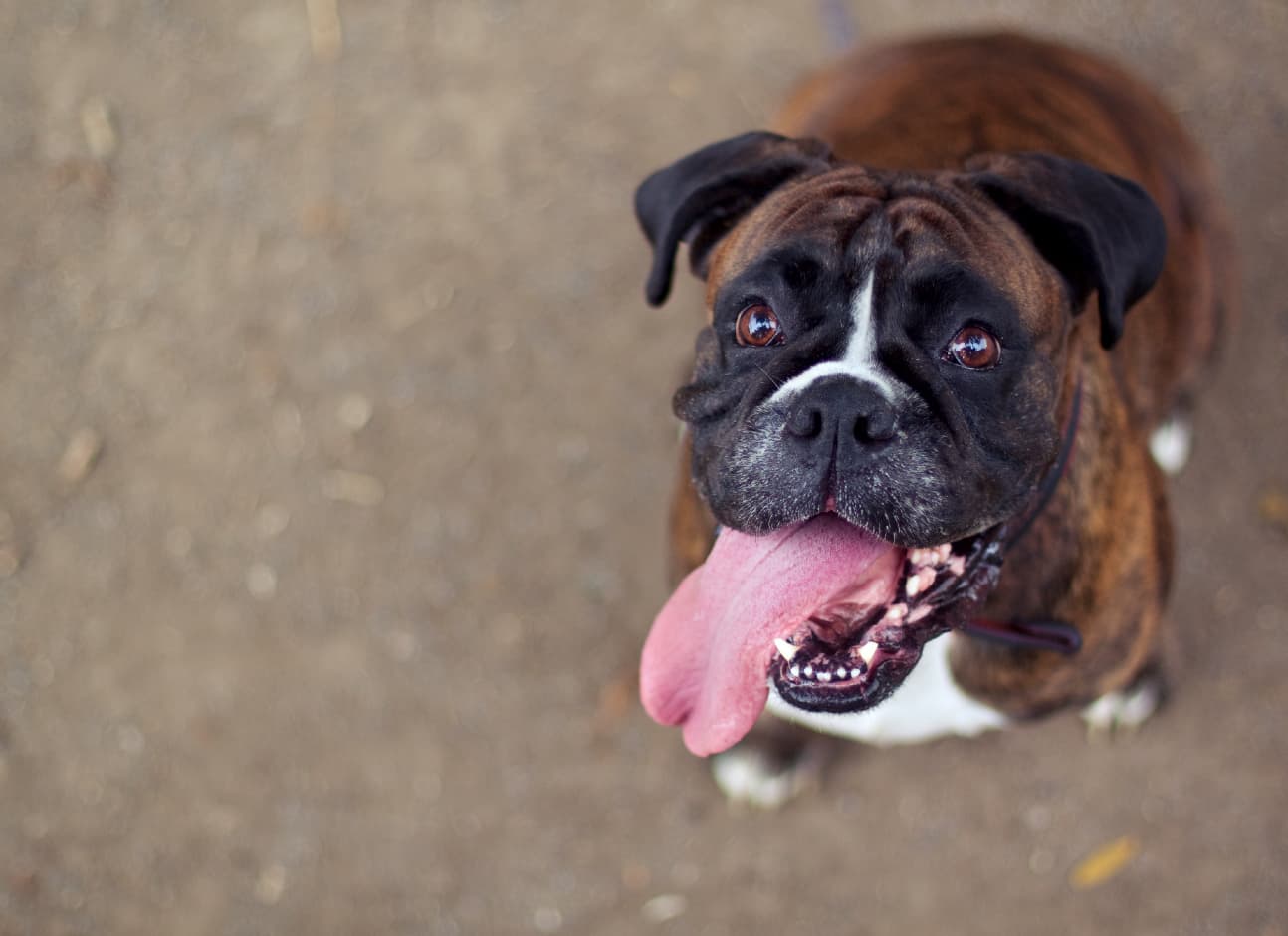Although rotavirus primarily affects humans, there has been growing concern among pet owners about the possibility of their dogs contracting the disease. So, can dogs get rotavirus? This article will explore this question in detail, exploring symptoms, transmission, prevention, and treatment while providing all the necessary information to keep your furry friend safe.
What is Rotavirus?
Rotavirus, belonging to the Reoviridae family, is a double-stranded RNA virus transmitted through the fecal-oral route, which occurs when an individual comes in contact with infected feces, contaminated surfaces, or objects. This virus is responsible for causing over 200,000 deaths annually and is a leading cause of gastroenteritis worldwide among children.
Symptoms of Rotavirus in Dogs
The symptoms of rotavirus in dogs are similar to those in humans, including diarrhea, vomiting, fever, dehydration, loss of appetite, and lethargy. These symptoms typically start within one to three days of exposure to the virus and can vary based on the dog’s age, overall health, and immune system.
Transmission of Rotavirus in Dogs
While humans are the most common hosts for rotavirus, there have been rare cases where dogs have been infected with the virus. However, dogs are not known to transmit the virus to humans or other animals, and the risk of transmission from dogs to humans or vice versa is considered low. It is still important to take necessary precautions to prevent the spread of the virus.
Can Puppies Get Rotavirus?
Puppies are more susceptible to rotavirus infection than adult dogs because their immune systems are not fully developed. The symptoms of rotavirus in puppies are similar to those in adult dogs, including diarrhea, vomiting, fever, and dehydration. Seeking veterinary care immediately if you suspect your puppy has contracted the virus is essential.
Preventing Rotavirus in Dogs
You can take several steps to prevent your dog from contracting rotavirus, such as routine vaccination against other viral infections to help boost your dog’s immune system and prevent other illnesses that may weaken its resistance to rotavirus. Good hygiene, like cleaning your dog’s living space and washing your hands frequently, can also prevent the spread of germs. Additionally, avoiding contaminated areas such as dog parks and areas with poor sanitation and isolating your dog if they have been diagnosed with rotavirus can prevent the spread of infection.
Treatment for Rotavirus in Dogs
There is no specific cure for rotavirus in dogs. Treatment typically involves supportive care, including fluid therapy to prevent dehydration, antibiotics, and antidiarrheal medications from managing symptoms and preventing secondary infections—specialized diets from providing the necessary nutrients for recovery.
Conclusion
In conclusion, while rotavirus primarily affects humans, dogs can also be susceptible to certain strains. It is crucial to monitor your dog’s health and seek veterinary care if you suspect it may be suffering from rotavirus or any other illness. With proper care and treatment, most dogs can recover from rotavirus and go on to live happy, healthy lives.
